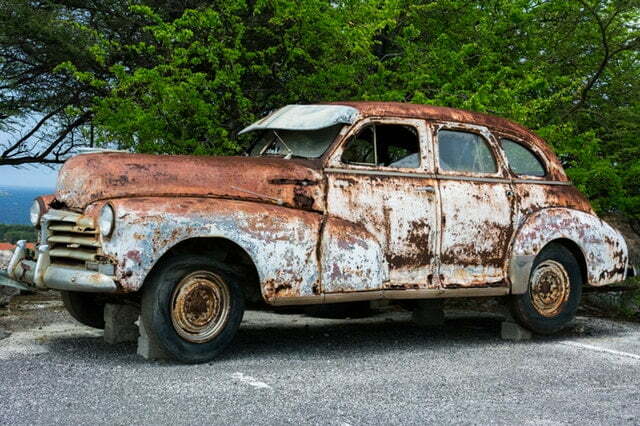Getting the right coverage is key when it comes to salvage cars, regardless of the age of the vehicle. It’s important to work with the right insurance provider, who can assist you with the necessary documentation and protocol. As acquiring insurance on a salvage car isn’t easy, it’s ideal to work with the leading experts in the domain.
It’s critical to understand the coverage necessary when dealing with salvage cars. This is because of the state and national level regulations that must be followed when working with rebuilt or salvage titles. It’s also important to research coverage prior to buying a salvage car as well. This can help keep you stay ready for any challenges that may come your way.
It’s important to know what qualifies as a salvage title in the first place. Insurance companies may reclassify a vehicle based on the extent of damage incurred, along with the type of damage as well. Collision damage, fire, flooding and parts damage can allow a vehicle to qualify as a salvage car. While the amount invested in recuperating the vehicle is higher than the book value, a salvage car can be a good investment for you.
Finding the right insurance partner
Lemon laws will differ from state to state, which is why it’s critical to have a clear understanding of your legal responsibilities. Many traditional insurance providers don’t work with salvaged vehicles at all, leaving buyers to hunt for the right one themselves. They may also take much longer to find the right insurance firm, as they may be required to do their own due diligence.
Premier car auction marketplaces also offer insurance information, so that the owner is completely covered in the event of an accident. It may also be legally required, depending on the state that you’re living in. Owners of salvage vehicles can also talk to an insurance company prior to engaging in a salvage title as well.
There are insurance firms that also engage in selling automobiles that have been salvaged with operational parts. These firms focus on the revamping of the vehicle, while still having it booked as a loss.
They’re willing to work with marketplaces and auto dealerships to mark down the value of the vehicle, while providing insurance as well. The insurance firm may also provide documentation, photographs and additional information needed for registration.
Insurance based on damage
Certain insurance providers may make exceptions based on the extent of the damage incurred. These firms will work with an internal risk model to determine the monthly premiums and coverage extent. They can also offer advice to owners, to ensure that their vehicle remains compliant to all legal regulations. This helps the driver have access to damage specific information.
Insurance providers may also determine the extent of insurance coverage based on the damages as well. This ensures that their coverage isn’t extended to a sure-failure, and that they’re able to provide enough coverage so that you’re on the road.
Cars that were damaged due to natural disasters, may find it more difficult to get insurance. However, cars with parts perfectly restored may find it easier. It depends on the insurance provider that you’re working with, which is why it’s good to talk to the seller of the vehicle.
In the cases of salvage vehicles, getting collision coverage is increasingly difficult as well. This is because the extent of damage may be compromised as the vehicle wasn’t in perfect condition when procured.
After an extensive inspection, your documentation, registration & VIN number, you can gain access to your preferred plan and be on the road in no time. You can also check with your local DMV to get more information about salvage titles.









